Music to My Ears
Top 10 Best Video Game Soundtracks of All Time!
Companies still promote games using screenshots, and most video advertisements don’t even play music from the games they are highlighting. Graphics are given more attention than they should while the importance of music is often overlooked entirely. Gradually, this has started to change. Soundtracks can often be purchased separately, and concerts like “Video Games Live” have helped shine a spotlight on gaming music. We’ve come a long way from the days of simplistic synthesized boops and beeps, but this list takes more than just the technical side of things into consideration. Some of these soundtracks were included because they were catchy and memorable while others were recognized for being epic or dramatic. Only original video game soundtracks are included, so don’t expect to see the likes of Grand Theft Auto or Guitar Hero on this list. Also, I’ve elected not to include games like Super Smash Bros. that mostly use arrangements from earlier games.
Examples: Star Wars, E.T. the Extra-Terrestrial, Jurassic Park
Click on the images to play a sample track from each game. Make sure your volume isn’t set too high!
10
The Legend of Zelda: A Link to the Past
Koji Kondo
The entire Zelda series is known for its great music, so it was difficult to pick a single game from the franchise. As much as I loved the Gerudo Valley theme in Ocarina of Time, A Link to the Past‘s stellar soundtrack still stands as the best in the series. The amazing remix of the overworld theme really highlighted the advancements the series had taken, and the game was full of several unforgettable melodies that were used in subsequent Zelda adventures and helped establish the musical core of the franchise. The brilliant soundtrack, composed by Koji Kondo, ensured that each location in the game had its own distinct feel. The whimsical Lost Woods, the haunting Sanctuary, the serene Kakariko village, the mystical fairy caves, and the venturesome Dark World were all defined by the memorable music tracks that accompanied them. With the exception of the main theme, Zelda’s Lullaby is the most iconic track in the entire series. The soundtrack did a great job at communicating the overall emotion of the adventure, and the theme that plays during the closing credits contributed to one of the most rewarding endings ever.
9
Mega Man 2
Manami Matsumae, Ogeretsu Kun, Yoshihiro Sakaguchi
One of the greatest sequels of all time, Mega Man 2 had bigger levels, cooler weapons, and better robot bosses than its predecessor. One of its most significant improvements was the soundtrack, which was surprising given the already-stellar tunes that the first Mega Man game was known for. The team of Manami Matsumae, Ogeretsu Kun, and Yoshihiro Sakaguchi exceeded all expectations and produced a fast-paced, high-energy, metal-driven soundtrack that kicked ass from the opening title screen all the way to the closing credits. There is no filler here, as every single level in the game has a memorable track. It should be noted that many of the games in the franchise have had incredible soundtracks (most notably Mega Man 3, Mega Man 7, and Mega Man X) but at the end of the day, number 2 is still number 1. It might be surprising to see a NES game on this list, but it deserves the recognition. Mega Man 2 represents the absolute pinnacle of 8-Bit soundtracks.
8
Persona 4 Golden
Shoji Meguro
Persona 4 is strikingly similar to its immediate predecessor, and it has many of the same central themes and core gameplay mechanics. The games still have their own identities, however, and this is largely due to where the games take place. While the events of Persona 3 unfold in one of Tokyo’s busiest districts, Persona 4 is set against the backdrop of a small rural town. Inaba proves to be the perfect setting for the game’s “murder mystery” premise, and its run-of-the-mill nature makes it easy for players to relate to the daily lives of the characters. The game’s original score was produced by Shoji Meguro, and each composition perfectly matches the tone of each scene. Some tracks are intended to reflect the emotional core of the main story, while others help us understand the inner struggles of certain characters on a more personal level. In either regard, the soundtrack is beautifully woven into the fabric of the game’s world. Depending on the scenario, the music can be mysterious, uplifting, exciting, somber, romantic, or downright silly. In this capacity, it feels less like a soundtrack to a video game and more like a soundtrack to someone’s life. Persona 4 Golden features new characters and scenarios that weren’t in the original version, and the new songs are among the best in the franchise. The heartfelt “Snowflakes” has already been recognized on this site as one of gaming’s greatest winter themes, and the new intro song slaps harder than Will Smith at the Oscars. Many games in the Persona series could have had a place on this list, but Persona 4 Golden left the biggest impression on me.
7
NieR:Automata
Keiichi Okabe, Keigo Hoashi, Kuniyuki Takahashi
NieR:Automata is set against the backdrop of a post-apocalyptic landscape that skirts the line between the parlous and the serene. The picturesque ruins of a once-great city are idyllic – almost restful – despite being located in an active warzone. This dichotomy is eloquently reflected in the game’s score, which is equally defined by adrenaline-pumping anthems and melancholy melodies. The soundtrack was composed by Keiichi Okabe, alongside his studio band, Monaca. Okabe recalled many of the themes he used while working on the first Nier, and several of that game’s tracks were arranged for the sequel. The overall sound design in Automata was much more dynamic than its predecessor, however, and the complexity of the open-world setting forced Okabe to approach the project from a different angle. NieR:Automata places emphasis on both environmental themes and mechanical motifs, so it’s nice to have a soundtrack that can effortlessly transition between hard and soft tracks depending on the scenario. I also appreciate how the music somehow manages to sound ancient and futuristic at the same time. This is especially true of the haunting vocal performances, which are sung in a forgotten tongue. (The game takes place roughly ten thousand years from our current era, so these “forgotten” languages were presumably developed far off into the future.) Although the soundtrack is astounding on its own, it’s even more impressive when you realize how perfectly the music echoes the game’s narrative structure.
6
Donkey Kong Country 2: Diddy’s Kong Quest
David Wise
Donkey Kong Country and its sequels were among the most visually-impressive games of the 16-bit era. While the pre-rendered graphics and ACM modelling have lost some of their “wow factor” over the years, I am still taken aback by the brilliant music. The first Donkey Kong Country was famous for infectious jungle beats and tranquil melodies, but its sequel topped it in every way imaginable. For the sequel, David Wise maintained many of the thematic undertones established in the first game and incorporated them into the new pirate theme. Perhaps the most impressive aspect of the soundtrack was how it seamlessly incorporated ambient sounds into the melodies. You’d hear crickets in the swamps, howling monkeys in the jungles, bubbling lava in the volcanoes, creaking boards on the pirate ships, and clanging metal in the mines. The game was unconventional in that it didn’t stick to the usual array of synthesized instruments, and the music seemed like it was an extension of the environment.
5
Xenoblade Chronicles 2
Yasunori Mitsuda, ACE, Kenji Hiramatsu, Manami Kiyota
The first Xenoblade Chronicles was mentioned on an earlier iteration of this list, and its placement was well-deserved. The score was a collaborative effort from six separate composers, and great care was taken to ensure that each track would communicate the atmosphere of the scene it was applied to. Against all odds, Xenoblade Chronicles 2 is even more diverse than its predecessor. The game goes through some pretty extreme changes with regard to its pacing and overall tone, but the music is always able to keep up with the on-screen antics. The more intense scenes are punctuated by rock music and metal guitars, while wind instruments or choral melodies provide ambiance when things slow down. There are even tracks that tug at your heartstrings, and the music serves as the emotional core of the game in many respects. Yasunori Mitsuda, Kenji Hiramatsu, Manami Kiyota and the duo ACE composed over 100 tracks for the game, and there’s not a wrong note. They clearly used every instrument they could get their hands on, and I swear that they covered every known human emotion. I spent hundreds of hours with Xenoblade Chronicles 2, and the soundtrack never ceased to amaze me. It was outstanding from the opening title screen all the way to the final credits.
4
Castlevania: Symphony of the Night
Michiru Yamane
Castlevania is another one of those franchises that is known for its consistently amazing soundtracks. Several of its games were worthy of this list, and I could have easily made the case for Super Castlevania IV or Dracula-X. In the end, Symphony of the Night gets the nod here for the sheer diversity. Composer Michiru Yamane drew inspiration from multiple music genres – including techno, gothic rock, jazz, and heavy metal among others. There was even a vocal ballad in the closing credits. The diversity of music styles highlights the unpredictable nature of the castle and the overall scope of the adventure. Despite the variety, the tracks are all successful in maintaining the archaic and gothic feel that the series is known for. It’s quite remarkable how the game can transition from soft piano to an overdriven electric guitar without having to change the overall theme of the game.
3
Chrono Trigger
Yasunori Mitsuda, Nobuo Uematsu
Since the story of Chrono Trigger involves a journey through time, a multifaceted soundtrack was needed to capture the array of diverse cultures and civilizations that players will come in contact with through the course of the game. Composer Yasunori Mitsuda approached the project with the goal of creating music for an imaginary world that wouldn’t fit into any other genre, and veteran Final Fantasy composer Nobuo Uematsu helped carry out this vision. Working closely with the game’s director, Mitsuda was always mindful of the setting and scene before writing the accompanying tracks. Exotic instruments were used to capture the magic of the Kingdom of Zeal, ambient sounds highlighted the isolation of a post-apocalyptic future, and tribal beats emphasized a primitive world in 65,000,000 B.C. Also, each major character was associated with an appropriate theme. For instance, Frog’s fantasy-driven theme was the perfect fit for a gallant and courageous knight while Robo’s Rick Astley-inspired techno pop theme highlighted his implicit optimistic qualities. Like pretty much every other aspect of the game, Chrono Trigger‘s soundtrack is perfect.
2
Super Mario Galaxy
Mahito Yokota, Koji Kondo
The main theme from Super Mario Bros. is arguably the single most recognizable track from any video game, and the entire series is known for having instantly catchy melodies and infectious tunes that stay with you long after you’ve finished playing the games. Whether its Mario 3 on the NES, Mario World on the SNES, Mario 64 on the N64, or even Mario Land on the Game Boy, the series has always delivered. While it’s safe to say that people were expecting a lot of things from Super Mario Galaxy, I don’t think many were anticipating a fully-orchestrated soundtrack. Galaxy‘s soundtrack is a beautiful symphony that makes the scale of the game seem even larger without sacrificing the game’s rhythm. Working closely with sound engineer Masafumi Kawamura, composers Mahito Yokota and Koji Kondo took great care to ensure that the music was more interactive than typical orchestrated soundtracks. For instance, the orchestra was often instructed to play the music at strange tempos in an effort to sync the tracks with Mario’s movements. At various points, the game adjusts the speed of the streamed audio to match the actions on the screen. Even the sound effects play in sync with the background music!
1
Final Fantasy VI
Nobuo Uematsu
Nobuo Uematsu is the John Williams of the video game industry, and the Final Fantasy series is Star Wars. Uematsu outdid himself for the sixth entry in the series. Not only was the composition beautiful, but it did a perfect job of setting drama and capturing the overall “feel” of each major character and location. The themes for each character fit their respective personalities like a glove and seemed to say something about who they are as individuals. For instance, Cyan’s peaceful theme highlights the tranquility of his character and his kingdom, Shadow’s music adds to his reclusive nature, and Celes’ theme accentuates the vulnerability of her character. The feral child Gau has an appropriate melancholy theme, goofy characters like Gogo are associated with equally goofy themes, and the theme that accompanies Setzer and his airship is downright epic. The music in Final Fantasy VI acts as an extension of the story itself, and the recurring leitmotifs allow for the expression of emotion without the use of words. From the amazing opening track to the brilliant medley that plays during the ending, Final Fantasy VI never fails to impress.

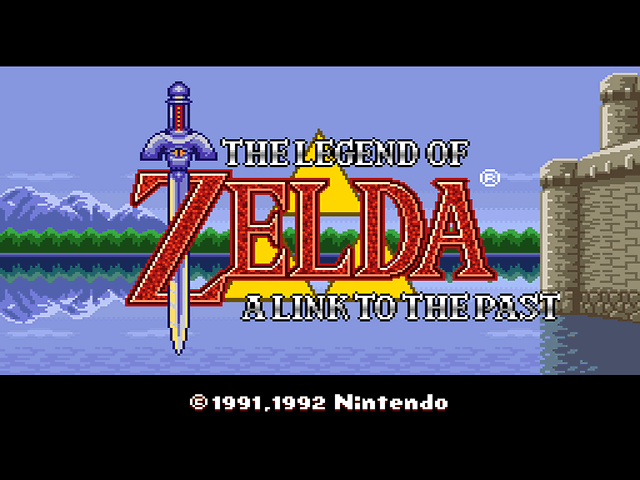
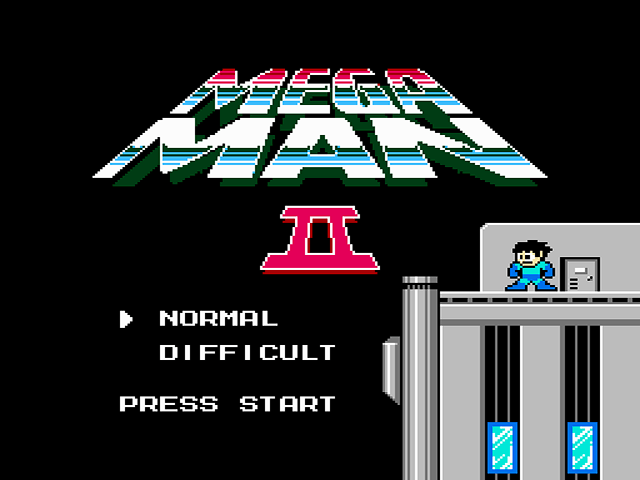
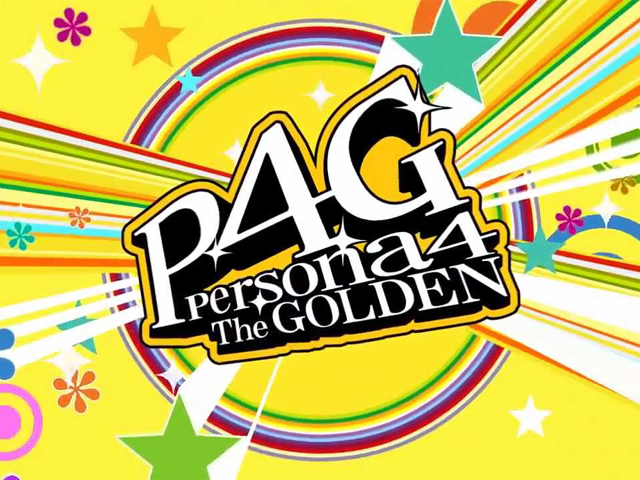
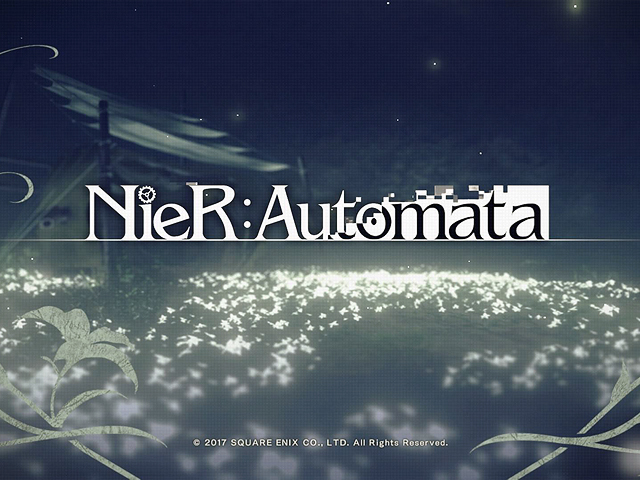
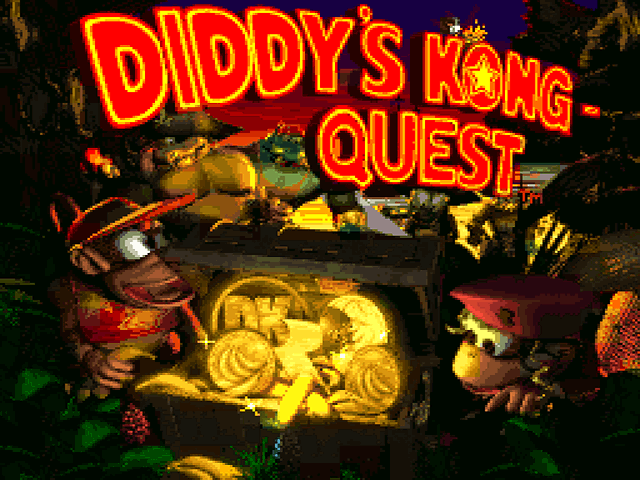
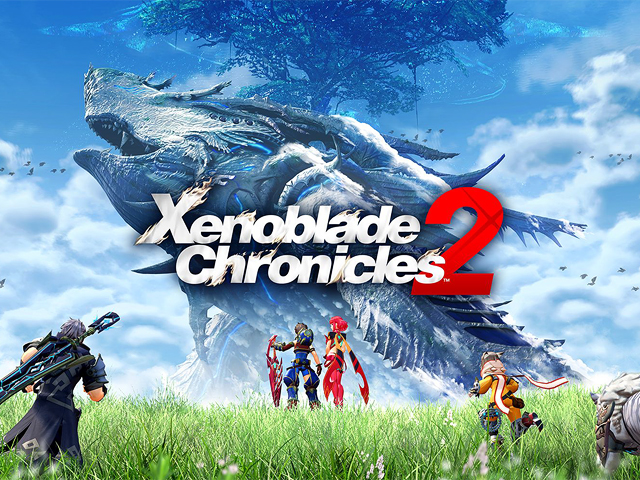
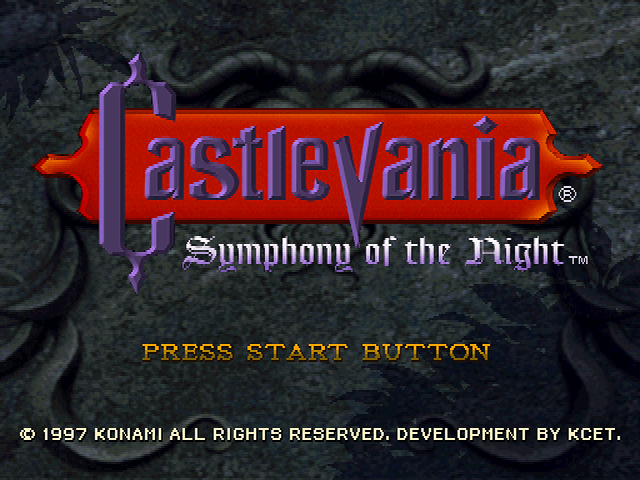
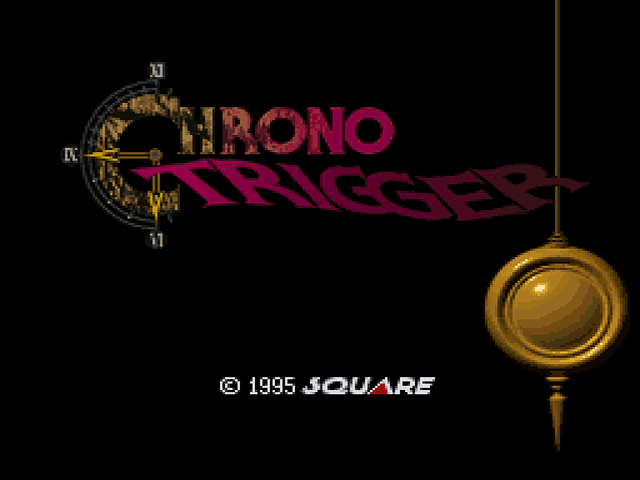
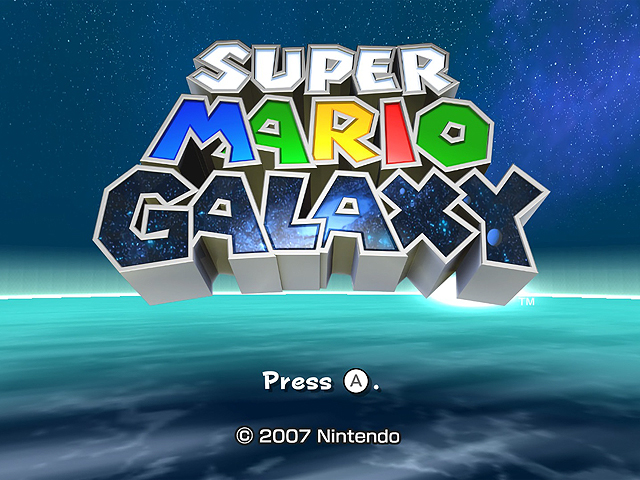
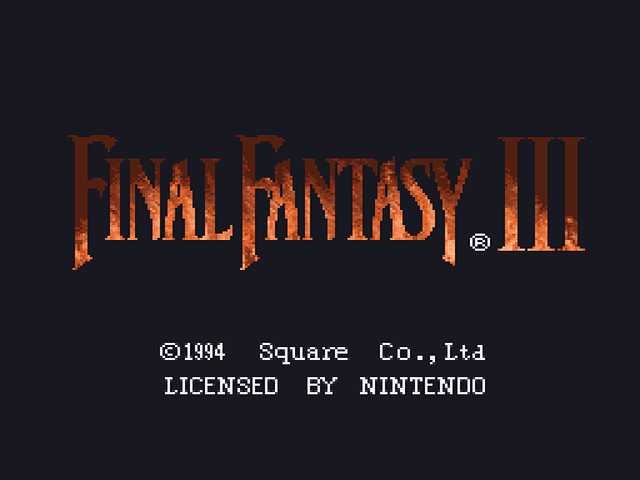
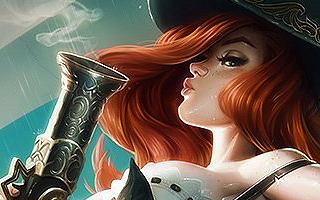
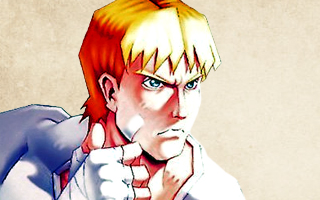
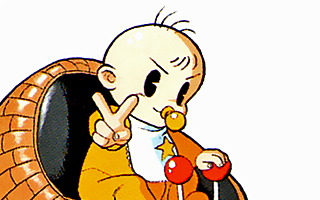
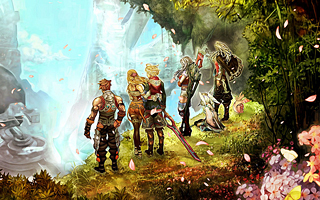
Do you agree with this list? Let us know what you think by leaving a comment below. Your opinion matters!